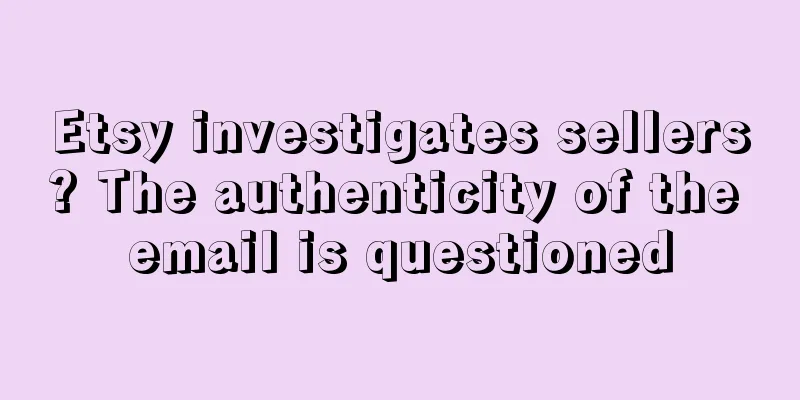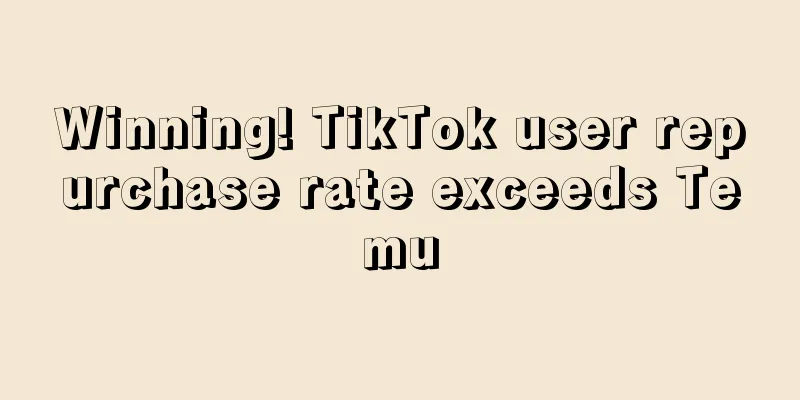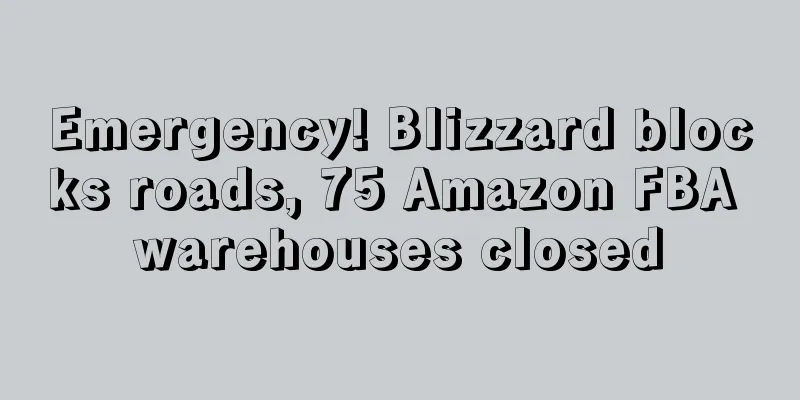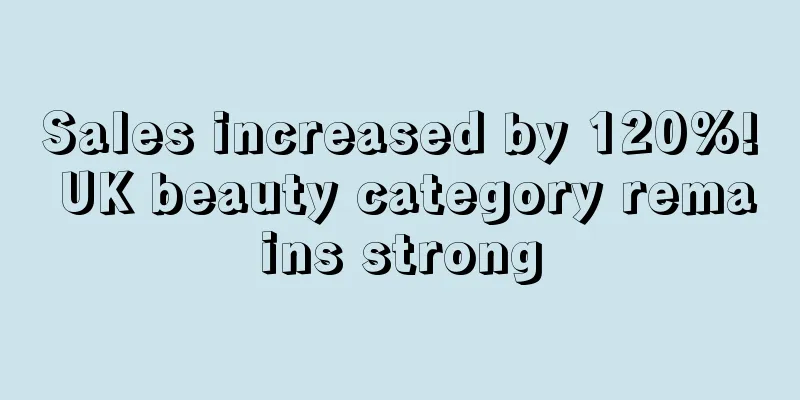Amazon faces a class-action lawsuit, will sellers also be held accountable?

|
In the early days of the outbreak, hygiene and epidemic prevention supplies were snapped up. Amazon became the main channel for consumers to buy these products, and related sellers also made a lot of money. But now these companies may face lawsuits.
In July 2021, a group of consumers filed a class action lawsuit in the Washington federal court, accusing Amazon of "illegally raising prices during the COVID-19 pandemic." The plaintiffs filed three charges against the e-commerce giant: 1. Violation of the Washington Consumer Protection Act ("WCPA"); 2. Negligence; 3. Unjust enrichment.
The plaintiffs emphasized that since the outbreak of the epidemic, Amazon's sales have increased by more than 1,000%, leading to price increases on a range of products, including masks, cold medicines, toilet paper, painkillers, baking soda, flour, yeast and disinfectant wipes.
The plaintiffs claim that Amazon is responsible for price increases not only for Amazon-branded or own-owned products, but also for products sold by third parties on its platform. The plaintiffs cite several instances where Amazon platform products were sold at prices significantly higher than pre-pandemic prices.
At the beginning of the epidemic, Amazon acknowledged that there were price increases on its platform and promised to remove third-party sellers who engaged in price gouging. The plaintiffs claimed that Amazon can still be held accountable for the price increases of third-party sellers. They blamed it on Amazon's policies, including "Sold by Amazon", "Minimum Buy Price", and "Automatic Pricing" services for third-party sellers.
The plaintiffs claim that under these policies, Amazon "no longer acts as a passive intermediary" but instead "controls the sale and marketing of all third-party products on its platform." The plaintiffs also note that Amazon has the ability to set prices, impose price caps, and "reserves the ultimate right to reject prices." But Amazon does not control prices on its own platform.
Amazon said it is continuing to investigate the allegations in the complaint, and the two sides recently agreed to extend the deadline for responding to the complaint.
Although the focus of this lawsuit is on Amazon, the National Law Review said that third-party sellers also need to be prepared for possible claims from consumers. Sellers are reminded to comply with platform and local regulations, otherwise they may be held accountable later. Amazon Epidemic prevention supplies Class Action |
<<: Shopify and the Detroit Pistons launch SHOP313 to help small and medium-sized enterprises grow
>>: The goods were rejected one after another, the seller: helpless!
Recommend
What is TinyPNG? TinyPNG Review, Features
TinyPNG is an online image compression cloud appl...
Cao Guang, Chairman of 4PX Info, was named the 14th Shenzhen Business Person of the Year
On June 14, the 14th "Shenzhen Business Pers...
What is ZEBO(Sunvalley Group)? ZEBO(Sunvalley Group) Review, Features
Sunvalley Group was founded in 2007 by Sun Caijin....
What is Tinkleo? Tinkleo Review, Features
Tinkleo is a cross-border e-commerce platform crea...
What is MiaoShou ERP? MiaoShou ERP Review, Features
Miaoshou ERP is a cross-border website developed ...
Attention! Korea Online Shopping Association submits opinion on the Game Law
Recently, the Korea Online Shopping Association s...
TikTok shuts down its semi-closed-loop mode, and Shopify responds
Recently, TikTok updated the FAQ page of its offi...
What is Morning Arrow Technology? Morning Arrow Technology Review, Features
Chenjian Technology focuses on export cross-border...
What is Stamps.com? Stamps.com Review, Features
<span data-docs-delta="[[20,{"gallery"...
Nearly 60% of consumers have considered returning products, increasing sellers’ operating costs
The surge in e-commerce orders has led to an incr...
Traffic plummets, is ZAFUL, a cross-border e-commerce company, also in danger?
On November 24, Cross-Border Link stated on the i...
What is 4KMILES? 4KMILES Review, Features
4KMILES (Four Thousand Miles) is a one-stop and e...
What is Kinja Deals
Kinja is the Deal section of Gawker, the largest ...
What is Haikuai International Logistics? Haikuai International Logistics Review, Features
Shenzhen Haikuai International Logistics Co., Ltd....
The market size reached 400 billion won, and the Korean children's nutrition market grew against the trend
Last year, Korea's population trend showed th...









